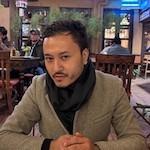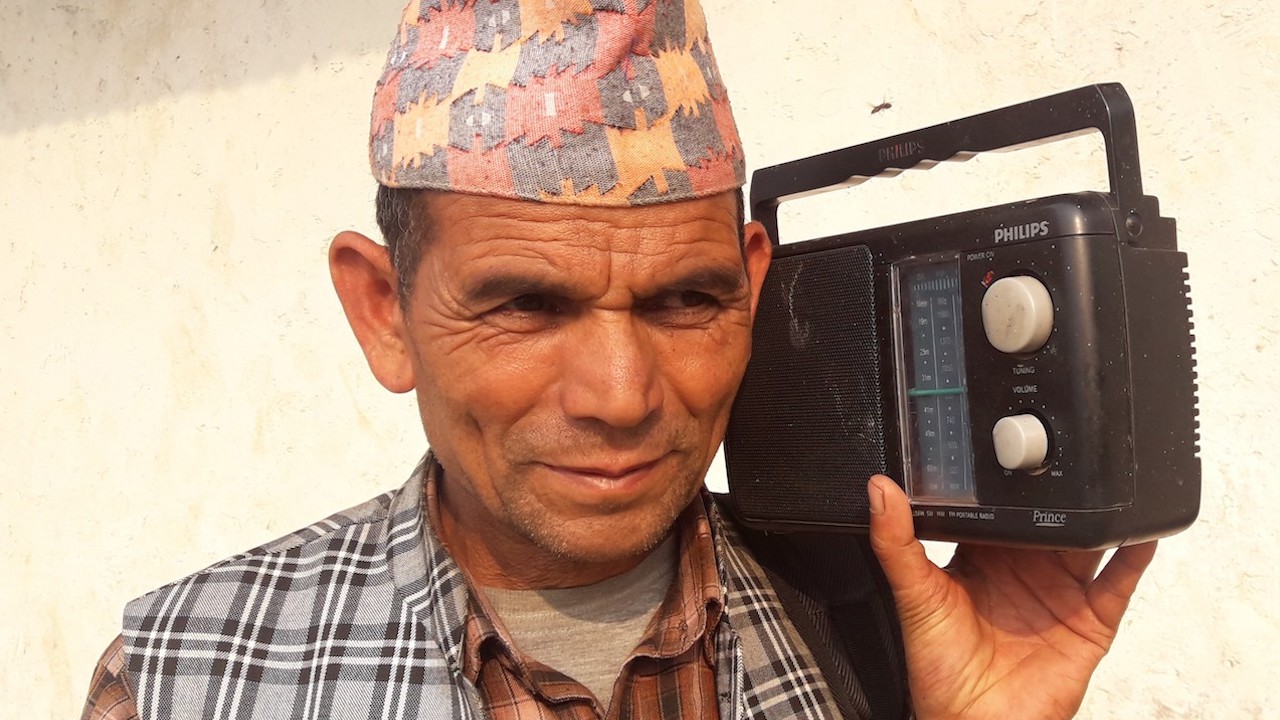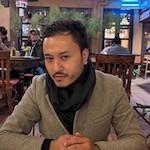Fighting Vaccine Hesitancy with Music Works Wonders in Nepal

Social and Behavior Change Specialist, Save the Children

In many parts of the world, including Southeast Asia, governments struggled to roll out COVID-19 vaccines because of anti-vaccine sentiment among citizens. Photo credit: Save the Children.
Save the Children, with partner Nepal FM Network, debunks misconceptions about COVID-19 vaccines through a radio show to inspire behavior change.
This article is published in collaboration with Save the Children.
Rita, 25, was hesitant to get the COVID-19 vaccine because of the rumors circling in her community in the Dailekh district in Nepal.
"My friends told me that COVID-19 vaccines would not only disrupt monthly periods, but could also lead to infertility. I was scared and decided not to take the vaccine," she says.
"But after listening to Khelo Dohori on the radio, I realized how wrong I was,” she adds, referring to a radio program launched by Save the Children to address vaccine hesitancy. “The rumors I heard were baseless, and I was risking my life by not taking the COVID-19 vaccine."
In many parts of the world, including Southeast Asia, governments struggled to roll out COVID-19 vaccines because of anti-vaccine sentiment among citizens.
Changing behavior through music
As part of its risk communications and community engagement work focusing on debunking rumors about COVID-19 vaccines, Save the Children, in collaboration with Nepal FM Network, designed Khelo Dohori, an innovative, behaviorally informed radio show series that takes the social and behavior change approach of blending scientific knowledge with community insights to expand people’s control over the decisions that affect their lives. The radio show series features Nepali folk music dohori, which is usually performed as a back and forth exchange of lyrical phrases between singers, to debunk rumors about the COVID-19 vaccine and promote its uptake and confidence.
A critical review of COVID-19 vaccine media messaging provides evidence that initial messaging was generic and did not address the science of human behavior. To address this gap, Save the Children applied behavioral insights presented in the The Little Jab Book: A Playbook for COVID-19 Vaccination in Nepal, a first-of-its-kind playbook focusing on six tried and tested behaviorally informed interventions, to strengthen vaccine uptake and confidence. One of these behavioral interventions highlights the value of social proof, where people are more likely to get vaccinated if they believe and know their peers or influential figures in their community are doing so as well.
"In one of the episodes, the chief minister of Karnali proudly shared that he and his family were fully vaccinated, and dismissed rumors that vaccines made people weak, and stressed the effectiveness of vaccines available in Nepal," says Govinda Khadka from Nepal FM Network.
The messaging had a ripple effect, as listeners started calling in to inquire about the available vaccines and shared their public commitment to get their families and themselves vaccinated. This action demonstrates the power of social proof by establishing desired actions as a "social norm" to influence people to get vaccinated.
Moreover, Save the Children applied other behavioral science principles to strengthen the efficacy of the messages. These include priming the subject who got vaccinated as a "role model;"' promoting getting vaccinated as an act of being a responsible individual, parent, sibling, and citizen; and using the principle of loss aversion to emphasize what the vaccine-hesitant would lose should they refuse vaccines since losses typically loom larger than gains. Collectively, these had proven effective in further nudging people to get themselves and their families vaccinated.
Discussions on the radio using traditional folk music also have succeeded in tackling "toxic masculinity," which has also been recognized as a barrier to vaccine uptake.
A 28-year-old listener says, "My friends told me that vaccines would make me napunsak [impotent]. The fear of losing my masculinity scared me. That's why I opted not to take the vaccine. But after listening to the expert advice on the show, I realized I was wrong. Vaccines save lives, and I was a fool to believe the rumors."
Shifting social norms
Evidence from Khelo Dohori also suggests that an approach that blends scientific knowledge with community insights, coupled with behaviorally informed messaging contributed to shift in social norms and encourage decision-making in individuals.
A female listener from Surkhet adds, "Women are hardly involved in decision-making, and this is true for whether to be vaccinated or not. After listening to the program, I encouraged my family to listen to the show, and we decided to get vaccinated. It was encouraging to hear other women share their vaccination stories and public commitment to get vaccinated on the show."
Behavioral insight validates the fact that public commitments and sharing of motivational messages from peers who chose to get vaccinated resonate more strongly with people than mere informational messaging.
“The radio show is effective because it skillfully crafts evidence using behavior insights in the form of dohori songs. That too in a subtle and non-preachy manner encourages listeners to listen and recall," says Khadka from Nepal FM Network.
Learnings from the radio show prove that vaccine uptake is not possible with mere informational messaging, but can be achieved if we respect the agency and voice of listeners and use targeted messaging to creatively nudge them in making sound decisions for themselves and their families.

Ayush Joshi
Social and Behavior Change Specialist, Save the ChildrenAyush Joshi (He/Him) is an established development practitioner with 12 years of experience in designing social and behavior change-informed social norms and gender transformation programs. He has led/supported the design and implementation of social norms transformation projects in Nepal, Sri Lanka, Nigeria, Timor-Leste, and Hong Kong, China.

Save the Children
Save the Children is an independent children’s organization, transforming lives and the future we share. We’re proud to work with children, their communities, and our partners worldwide, discovering new solutions to help ensure that the world's most vulnerable children survive, learn and are protected.
